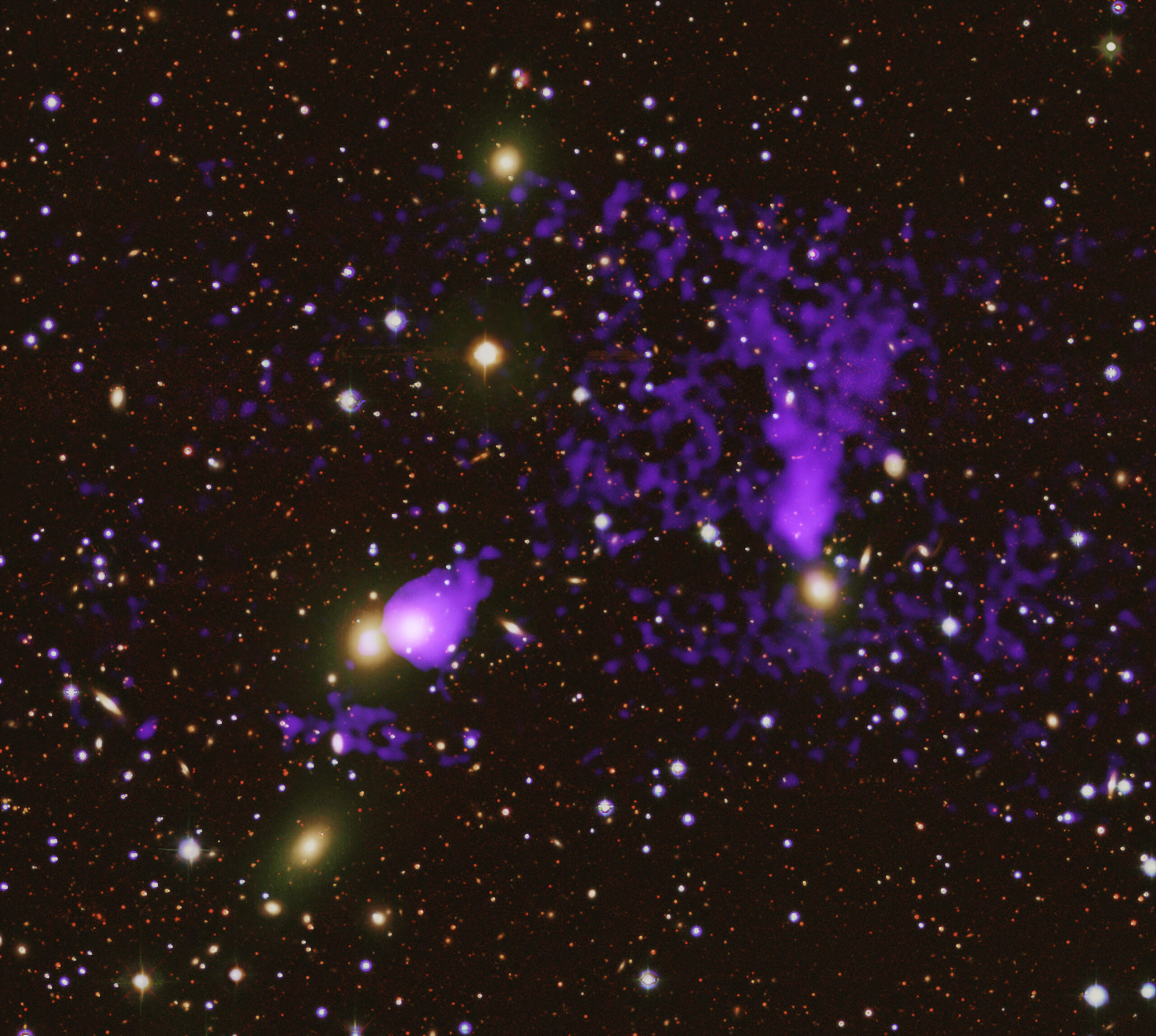Credit: Unsplash/CC0 Public Domain
Stressed bees are much more likely to make pessimistic choices and lack a buzz in life, new research has revealed.
Scientists at Newcastle University, UK, have found that bumblebees have a response to an adverse event resembling human emotions.
Findings published in Proceedings of the Royal Society B show that bees reduce their expectations of reward when they are agitated, and this could impact how they approach and pollinate flowers.
High and low rewards
Researchers trained bees to decide whether a color signaled something good or bad. Bees learned to identify that different colors were associated with different outcomes, with one color associated with a sweet reward location and another color indicating a location that had a much lower reward. Bees learned the difference and visited the appropriate location when shown each color.
Once bees learned these associations, two groups experienced a simulated predatory attack, and a third group did not experience any external stress.
The bees who had experienced the attack were found to be much less likely to interpret ambiguous colors as indicating high rewards, and in response, visited low reward locations more than the control bees.
Dr. Vivek Nityananda, from Newcastle University, said, “Our study shows that bees are more pessimistic after stress, as their behavior suggests that they do not expect to get rewards.
“Emotions are complex states and in humans involve a subjective understanding of what you are feeling. We might never know if bees feel something similar. However, what this research can say is that bees have similar responses when they are stressed and make pessimistic choices. The best explanation for their behavior is that they expect high rewards to be less likely and exhibit traits of pessimistic people.”
Scientists say the research is important, as it means stress can impact how bees approach flowers and pollinate plants, as well as their ability to access high-quality rewards.
The results also show that we can find emotion-like responses in very different animals, including insects. The bees in the study were stressed by shaking or being trapped by a robotic arm with a sponge.
‘Emotion-like’ states
Dr. Olga Procenko led the research at Newcastle University and is now a researcher at the University of Birmingham.
She said, “Our research suggests that like other animals including humans, bees may experience emotion-like states when stressed, as demonstrated by a clear shift towards pessimism. When faced with ambiguity, stressed bees, much like someone seeing the glass as ‘half empty,’ are more likely to expect negative outcomes.
“Besides suggesting that states akin to emotion may be evolutionarily conserved, our study opens up new possibilities for understanding how stress affects insect cognition and behavior, which could provide insights into their responses to environmental challenges and inform conservation efforts.”
Further research is needed to understand what the exact implications are for the pollination of flowers and plants.
Dr. Nityananda added, “We need to figure out how bees evaluate rewards when stressed and whether these states in bees show other properties we see in emotions. We also need to investigate the neural mechanisms involved and see if bees in the wild show similar responses.”
More information:
Physically Stressed Bees Expect Less Reward in an Active Choice Judgement Bias Test, Proceedings of the Royal Society B: Biological Sciences (2024). DOI: 10.1098/rspb.2024.0512. royalsocietypublishing.org/doi … .1098/rspb.2024.0512
Citation:
Stressed bees make pessimistic choices and may experience emotion-like states, new research suggests (2024, October 8)
retrieved 9 October 2024
from https://phys.org/news/2024-10-stressed-bees-pessimistic-choices-emotion.html
This document is subject to copyright. Apart from any fair dealing for the purpose of private study or research, no
part may be reproduced without the written permission. The content is provided for information purposes only.




